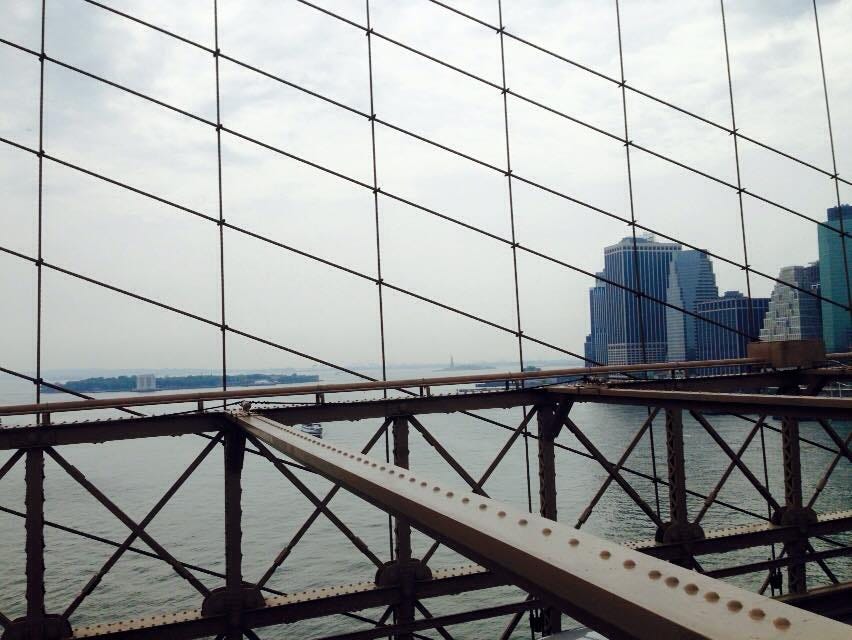White Noise
Continuing on despite the continual toxic air event.
I’d like to blame my scattered attention on smartphones or hormones, but I suspect my long-term propensity to do everything right now is the cause. Yesterday, for example, I began reading a very interesting article by Jon Mooallem in The New York Times entitled “How Noah Baumbach Made ‘White Noise’ a Disaster Movie for Our Moment.” I read that Baumbach was “a persistent note-taker” and I vowed, in that very moment, to return to my former habit of note-taking. I left the article open on my phone and went to my office to put a fresh journal and my favorite pen in my bag.
Back at the breakfast table, I continued reading. Baumbach came upon Don DeLillo’s 1985 novel in early 2020 as the Covid crisis loomed. At that point, I stopped reading to search my library where I found a 1986 paperback version of “White Noise." Despite owning a copy, I'd never read the book so I put it on my bedside table. Then, before I could return to reading the article, my dogs demanded their walk.
After the walk, I had to leave for an appointment. I remembered that there was an audio version of the article, so I listened in the car about Baumbach’s state of mind during the early days of the Covid crisis. Something about Baumbach’s thoughtful reflections made me think of my friend Weinberg. Using Siri voice text, I messaged her to let her know she was on my mind. And then I arrived at my destination, the article still unfinished.
I had a spare fifteen minutes before my appointment during which I took the following notes in my fresh notebook with my favorite pen:
“Young woman in a clingy black dress and five-inch nude heels with a bum shaped like a fresh nectarine.”
“Old man, blue surgical mask pulled down under his chin, smoking a cigarette.”
“Young man with Joaquin Phoenix’s Joker tattooed on his shin, laughing silently into the screen of his mobile phone.”
“’Are you excited?’ The girl with the candelabra etched on her thigh asked her friend. Her friend looked at her blue fingernails and said nothing.”
By the time I’d returned home, I’d forgotten about the Noah Baumbach article except for one line. “We’re all so vulnerable,” Baumbach says, speaking of the strange surprise he felt at his father’s death. And that line - “we’re all so vulnerable” - played in my head after I’d started the novel that night and then lay in the dark, trying to fall asleep.
This morning, as I gardened (because that had to happen immediately) I worried over the dozens of unfinished or not-started projects swirling around in my mind. “Just finish one thing,” I implored myself. “You’re two weeks' overdue on your Substack essay. Do that.” Finally, I sat down to write this piece and interrupted myself to text Weinberg for her permission to use her name, made plans for next weekend that, over the course of several texts, were cancelled, and finally finished reading the article about Baumbach and his upcoming film adaption of “White Noise.”
In reading and re-reading the novel and subsequently adapting it to film, Baumbach saw that “White Noise” captured what we are living through now. An “airborne toxic event” occurs in the novel that forces the characters to confront their mortality, “throwing people into the same headspace” many of us felt in 2020 and beyond. Once one sees their vulnerability, the article seems to suggest, one cannot unsee it.
Now, I have a new unfinished project which is the actual reading of the novel “White Noise,” but I know enough of the book from the article to understand that eventually after the “Airborne Toxic Event,” the characters go back a kind of normal though an uncertain sense of impending doom prevails. How like our present moment, at least as I perceive it. The shadow of finality that I nod to every day keeps me going, starting (and sometimes not finishing) writing, reading, and learning projects that I know will make no real difference, but allow me to ignore my mortality for another day.
Thankfully, I have so much more to do.

